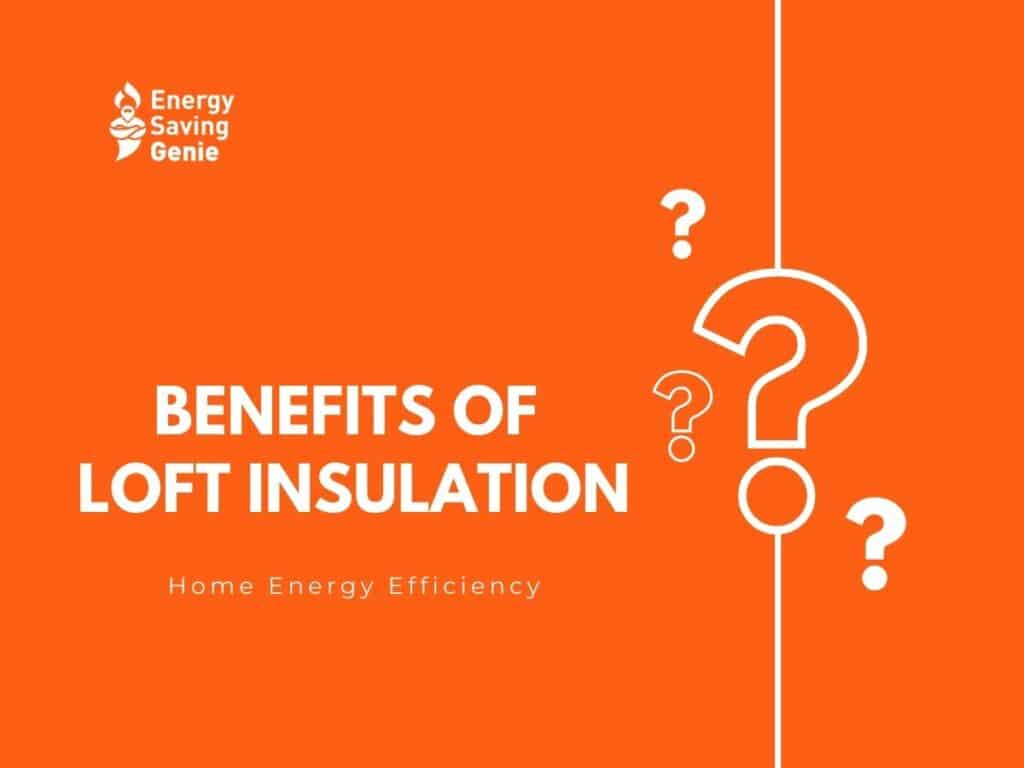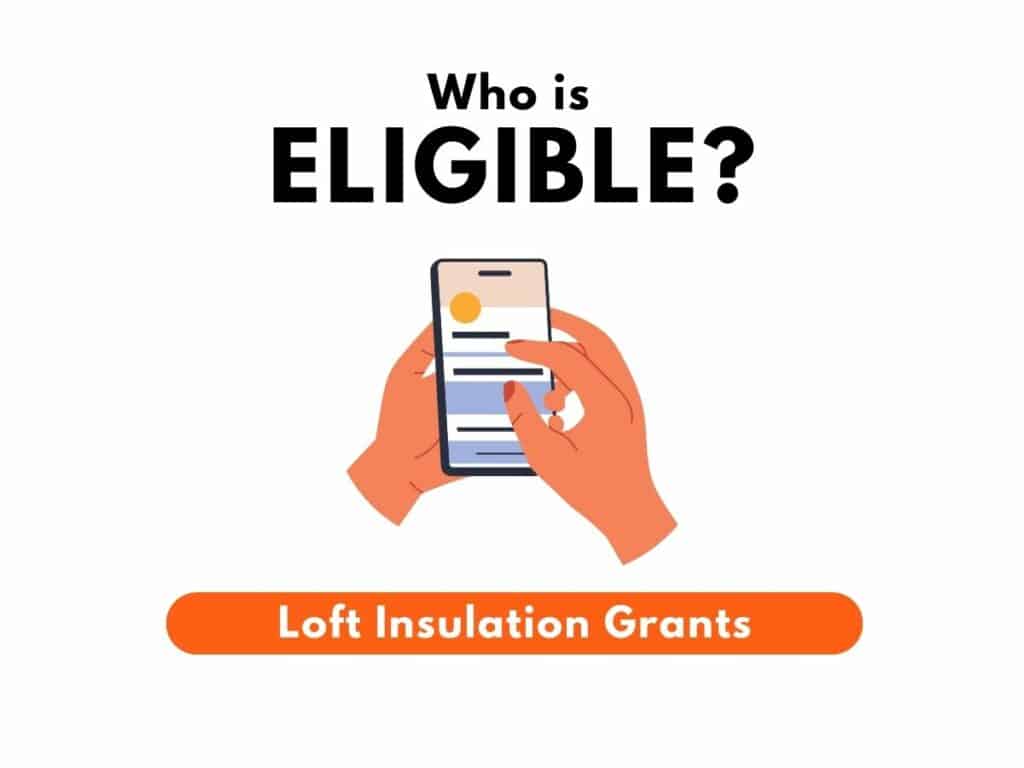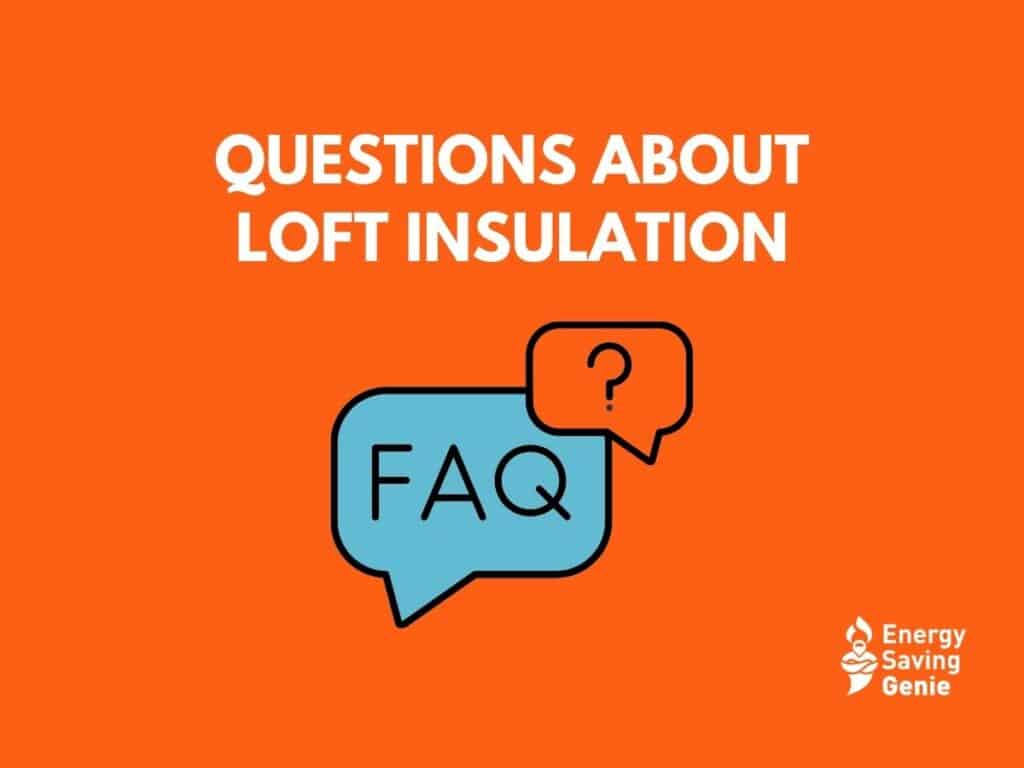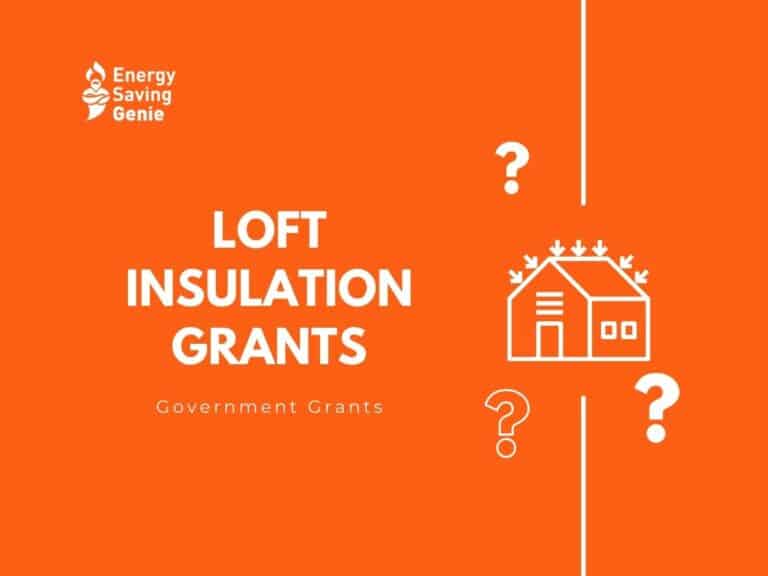The UK government has committed to a number of energy efficiency grant schemes to help it reach its Net Zero 2050 target. The two main schemes that include grants for loft insulation are the Energy Company Obligation Scheme (ECO) with 4 billion worth of funding, and the Great British Insulation Scheme (GBIS) with 1 billion worth of funding. Both of these schemes are administered by Ofgem, and in most cases are free to eligible applicants.
Welcome to the World of Loft Insulation Grants
What are Loft Insulation Grants?
Loft Insulation Grants are financial aids provided by the UK government to homeowners, tenants, and landlords across England, Scotland, and Wales. Aimed at improving home insulation and energy conservation, these grants help in installing efficient loft insulation at a subsidised cost, sometimes even free, depending on the qualifying criteria.
How can Energy Efficiency Benefit You?
When your home becomes energy efficient, not only will you see substantial cost savings on heating bills, but you will also contribute to a greener, more sustainable planet. This can be achieved through reduced energy consumption enabled by better insulation. Every home in the UK has an energy efficiency rating recorded in an Energy Performance Certificate (EPC). Improving this rating can lead to several benefits:
- Reduced Energy Consumption: Loft insulation decreases heat loss, reducing the need for heating, thus consuming less energy.
- Financial Savings: Energy-efficient homes typically result in significant savings on energy bills.
- Enhanced Property Value: A good EPC score can improve your home’s resale value.
- Environmentally Friendly: Lower energy consumption means a reduced carbon footprint, making your household greener.
Understanding Loft Insulation Grants
The Road to Qualifying for ECO4 and Other Energy Grants
The road to qualifying for a grant under the ECO4 scheme, which provides loft insulation grants, begins with understanding your eligibility. The scheme primarily targets low-income households that are particularly vulnerable to fuel poverty and have an inefficient energy rating. Here are some basic qualifying conditions:
- The named utility payer must be in receipt of at least one of the UK Government’s eligible benefits.
- The property must have an energy efficiency rating of band E, F, or G.
- The applicant should be either the homeowner, the tenant, or the landlord.
Note that although these are basic qualifiers, the eligibility criteria may vary based on specific circumstances, such as the type of dwelling and the claimant’s circumstances.
Apart from ECO4, there are other insulation grants to look for, including the Great British Insulation Scheme. The criteria for these schemes differ from the ECO4, so digging into the details and researching your options is crucial.
We are more than happy to guide you through the application process to ensure you meet all the necessary eligibility requirements for the ECO4 scheme and other potential grants. Check your eligibility in just 23 seconds using our free grant checker.

Benefits of Installing Loft Insulation
Financial Impact – Potentially Save Hundreds on Energy Bills Annually
Yes, it’s true; loft insulation can significantly lower your energy bills. According to the Energy Saving Trust, an uninsulated detached property can potentially save up to £445 annually once the loft or roof space has been insulated. This is because loft insulation prevents up to 25% of the heat in your home from escaping through the roof.
The actual savings will depend on various factors such as the type of insulation installed, the size of your house, your heating habits, and the type of fuel used for heating. Nonetheless, investing in loft insulation can undoubtedly have a positive financial impact in the long run.
The icing on the cake is that, with the help of grants such as the ECO4 Scheme and GBIS scheme, you might not need to pay anything at all, or just a fraction of the total cost. Hence, this makes for a highly cost-effective solution for those looking to cut back on energy expenses.
Remember – a pound saved is a pound earned. Start saving today with proper insulation!
Environmental Impact – Significant Reduction in Carbon Footprint
Eco-conscious homeowners should rejoice with the knowledge that loft insulation can significantly trim down their carbon footprint, making their household much more environmentally friendly. By insulating your loft, you can play an active role in combating climate change right from your home.
Loft insulation reduces heat loss, which in turn minimizes the amount of energy needed to maintain a warm and cosy ambiance in your home. With lower energy requirements, your home directly contributes to lesser energy generation, ultimately resulting in fewer carbon emissions.
In numbers, the Energy Saving Trust estimates that, per year, a detached house with loft insulation can reduce carbon emissions by almost 1,000 kg. That is equivalent to the amount of CO2 a typical car would emit from driving nearly 2,220 miles.
Remember, even slight reductions in our carbon footprint can collectively have a major impact. As part of our social responsibility, adopting energy-efficient measures like loft insulation could be a small but significant step towards saving the planet. Upgrade your home’s insulation today and be part of the bigger change.

Check your Eligibility for Grants
Who can Apply for an Insulation Grant
The insulation grants are aimed at ensuring energy efficiency for low-income households across the UK. Anyone can apply for an insulation grant, but meeting the eligibility criteria primarily determines the approval. Here are some fundamental rules:
- You are eligible if you’re a homeowner or privately renting tenant. Landlords can also apply with the tenant’s permission.
- Your home should have an Energy Performance Certificate (EPC) rating within D-G.
- You must be the recipient of at least one of the eligible benefits stated by the UK Government.
It’s pertinent to note that even if you’re not currently receiving any of the eligible benefits, you might still qualify for other schemes like ECO Flex, which local authorities offer.
There are a multitude of grants available under different schemes, all aimed at improving the home’s energy efficiency. Insulating your loft is an affordable way of reducing your energy consumption and contributing to a more sustainable world. So, check your eligibility and apply for an insulation grant today.
Things to Consider Before Getting Insulated
Time duration for Installation and Life Span of Loft Insulation
The time taken to install loft insulation largely depends upon the size of your loft and the type of insulation being installed. For an average-sized loft, it generally takes between 1-1.5 hours to install loft insulation. To ensure a smooth and swift process, your loft will need to be free of clutter, thereby providing our installers with easy access to perform the installation.
As far as the life span of loft insulation is concerned, if installed correctly, it should last around 40 years before needing replacement.
The duration of the insulation process causes minimal disruption. Following a free survey, the insulation process only takes up to a few hours. For an average three-bedroom house, loft insulation can be installed within two hours.

FAQs: All About Loft Insulation and Its Funding
Can I get Free Loft Insulation?
Yes, you can certainly get free loft insulation! Under government initiatives such as the Energy Company Obligation (ECO), qualifying households can benefit from free loft insulation to improve energy efficiency. This grant is available to homeowners and private renting tenants (with the landlord’s permission) across England, Wales, and Scotland and does not depend on personal income or financial savings.
Moreover, certain energy suppliers also offer free loft and cavity wall insulation as part of the Great British Insulation Scheme. This is independent of your energy supplier, so you’re free to apply even if your current supplier doesn’t participate in the scheme.
Submit your application via our simple online form. Don’t worry, there’s no obligation and it’s completely free. Take the opportunity to cut back on energy bills while making your home cosier and more energy efficient. But don’t wait too long. The availability of these grants is limited, and they are in place only until March 2026. Claim your loft insulation grant today!
How Much Money Can Loft Insulation Save Me?
Loft insulation can save homeowners hundreds of pounds on energy bills annually. The exact savings typically depend on the size of your property, the nature of insulation used, and your individual heating habits. However, to quantify the potential benefits, it’s estimated that:
- Homes with loft insulation can prevent up to 25% of heat loss through the roof.
- Insulating an uninsulated house can lead to savings of at least £240 annually on energy bills.
- These savings could be even higher for larger detached properties. It’s estimated that such homes can save in the region of up to £445 a year.
Moreover, a well-insulated home also holds the potential to improve your property’s market value. The advantages also ripple into environmental benefits as the reduced energy requirement implies a considerable reduction in CO2 emissions.
Making your house energy efficient not only saves you the money on energy bills but also contributes to the fight against climate change. Act now to save on costs and move towards a greener lifestyle.
Don’t forget: Loft insulation is an affordable measure to reduce your energy consumption and lower your energy bills. Apply for a loft insulation grant today and make the change!
Are loft insulation grants really free?
Absolutely, if you qualify for either an ECO4 or GBIS grant you could be eligible for free government loft insulation grant. Check your eligibility now via our free grant checker.
What if I’m not eligible for a loft insulation Grant?
Grant rules are changing all the time and new schemes are being introduced. Register your details with us, and we will let you know if any scheme changes impact your eligibility.
Do I have to own my property to be eligible for a loft insulation grant?
No, but if you are a private tenant or housing association tenant you will need to get your landlords consent.




